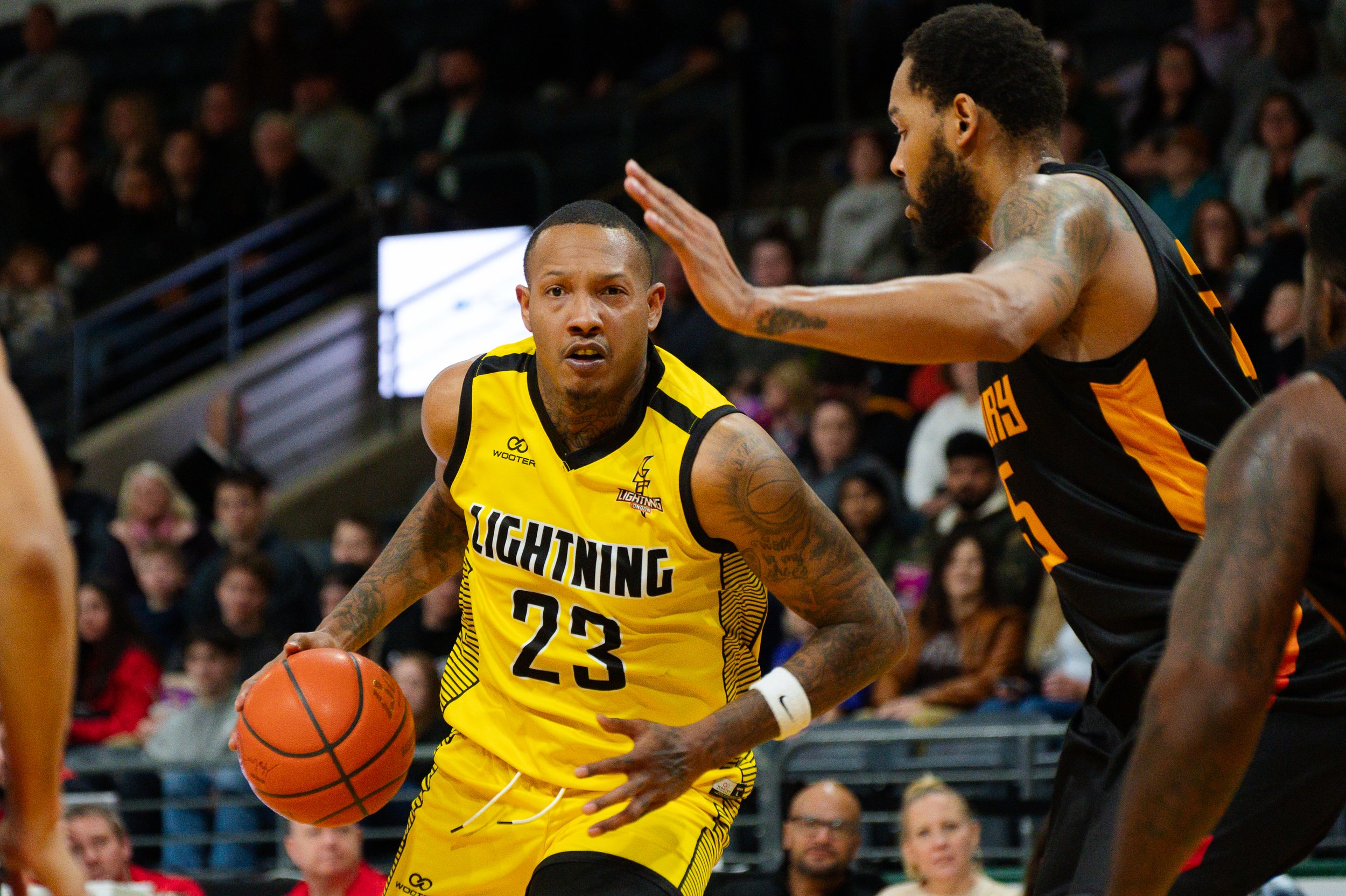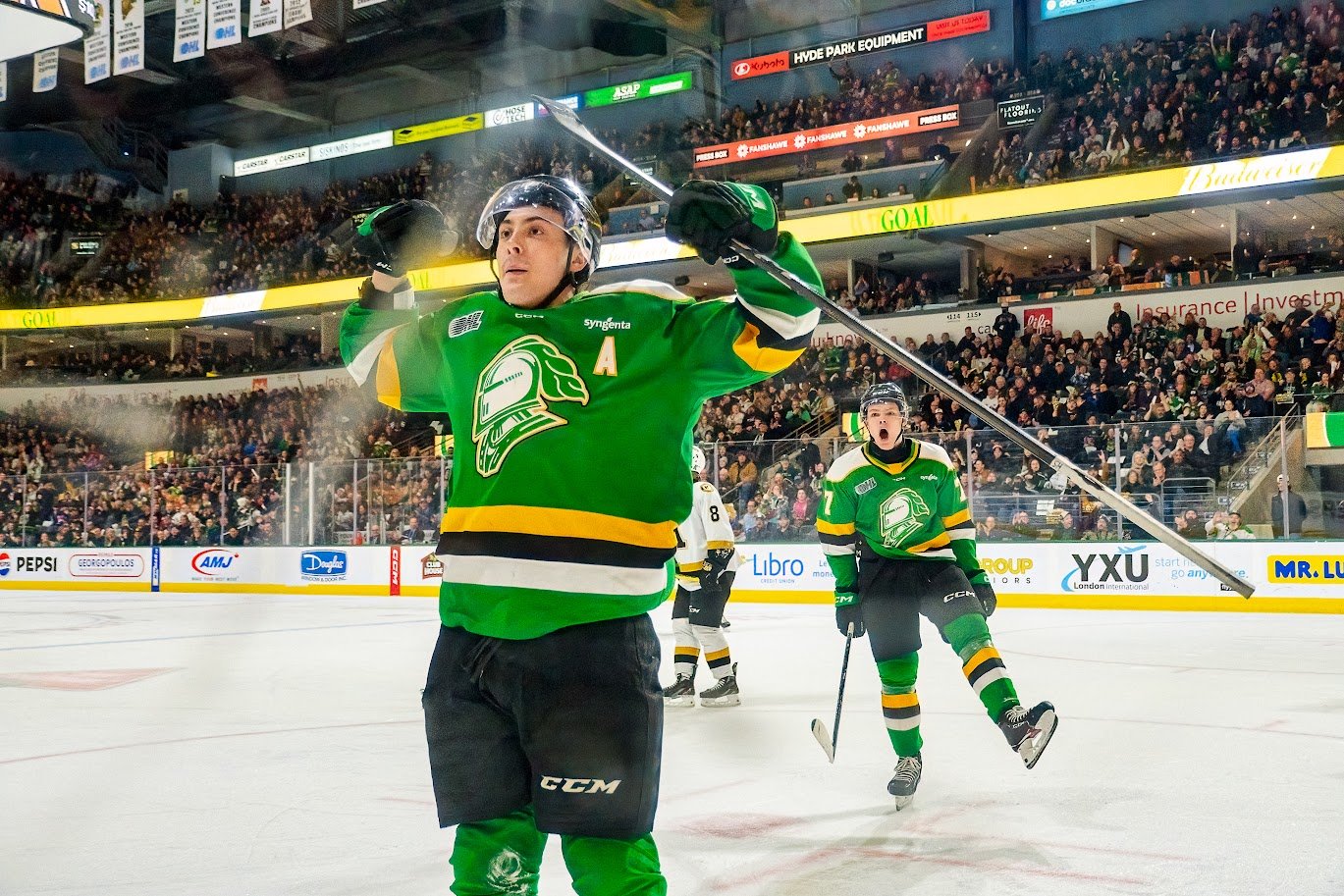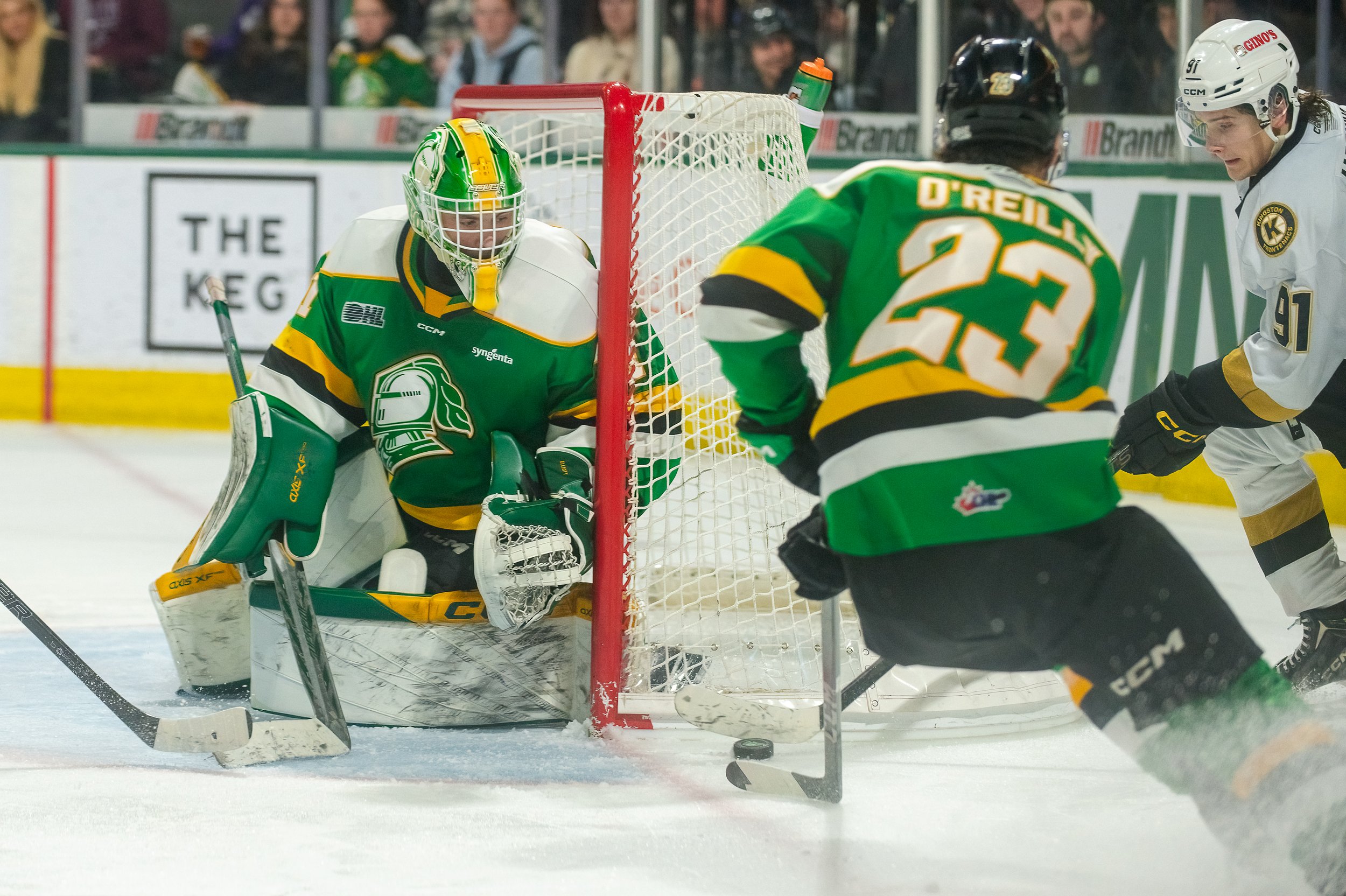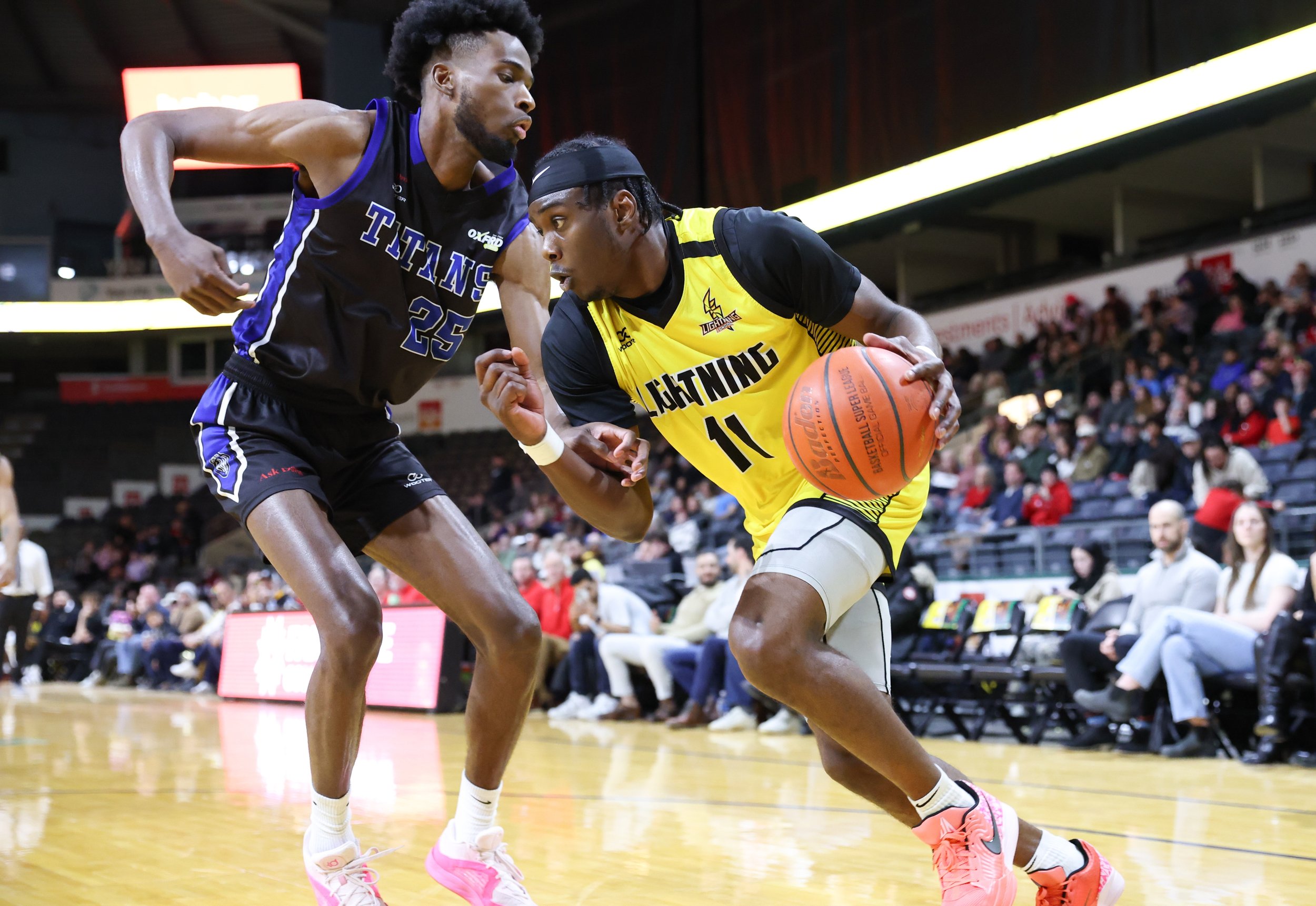Grainger golden in Tokyo
She spent countless hours on Fanshawe Lake over 15 years. Today, rower Susanne Grainger is an Olympic gold medalist.
Grainger and Canada’s women’s eight rowing crew led from wire to wire in the Olympic final, winning the gold by 0.91 of a second in Tokyo. (Photo courtesy Susanne Grainger).
With 1500 metres down and 500 to go, Susanne Grainger entered the ‘tunnel vision’ part of the race. Things go black. Pain intensifies. Hearing starts to get fuzzy.
Still, she keyed in on her coxswain, Kristen Kit, who was shouting to her teammates.
“Never again, not again! No one is getting us this time!”
Canada’s women’s eight rowing team had led with 500 metres to go – and been overtaken – in both the heat race and the repechage in Tokyo. Now, in the Olympic final, they had led virtually the entire way. Only 500 metres remained.
“Never again, not again! No one is getting us this time!”
Exhausted, Grainger overcame a brief moment of doubt: “This is where people get us. No! This is that moment where you get to decide and say, this is mine, I’m taking it.”
The Canadians held their ground on the homestretch, fending off teams from New Zealand, China, and Australia. Grainger was cautiously confident as she fought through the pain with every stroke. She knew the team had a win in them, but it would take until the very end to find out for sure.
Kit, shouting again, made it official – in the final 10 strokes.
“You are going to be Olympic champions!”’
Once across the line, Grainger looked up at the video board – and kept looking to make sure.
“It was an unreal moment. I remember hearing it and thinking, ‘Just don’t stop, don’t stop,’” she said. “I’d visualized crossing the finish line in first and feeling that joy so many times, but I kept expecting to wake up.”
It wasn’t a dream. Susanne Grainger was an Olympic gold medalist.
***
Memories can be foggy after a world-class rowing event, a gruelling, pain-filled affair where athletes are so dialled in to the physical demands of the race.
There is a lot the 30-year-old Grainger didn’t remember on July 29, from warmup to finish line.
“I’ve had to re-watch the race a couple of times. I don’t know if it’s excitement or mental protection from the pain, but I tend to forget a lot of stuff. We’ve all helped each other piece it together.”
There are so many voices and sounds going on around teams in an eight final, with six boats at the starting line. Every boat does something a little different. Some boats chant off the start line. There are a lot of distractions that can take you off your game.
The Canadians tuned their ears to Kit’s voice, and their eyes on a bridge at the 750-metre mark.
“We kind of deemed that as our bridge,” Grainger said. “In previous races, when there had been bridges on the course, it was always, ‘Race to the bridge.’ That’s your first marker in your brain.”
Typically, Grainger says, boats will sprint in the last 300 metres of a race. Canada’s coxswain called them to go early – quite early – with about 750 metres to go.
“We just really trusted her and went for it,” Grainger said. “She called a great race.”
(Photo: RCA/Merijn Soeters).
With the win, the Canadian women’s eight crew became the first to claim Olympic gold in 29 years – since the 1992 team accomplished the feat in Barcelona.
They jumped out to a fast start in the final, led by about half a second over Australia at the halfway mark, and ultimately won in a time of 5:59.13 – 0.91 of a second ahead of New Zealand. China claimed the bronze.
It was an especially impressive performance considering Canada took the long way to the final after finishing second in their heat. The team crossed the finish line in 6:07.97 in that race, edged out by New Zealand – by 0.32 of a second.
In the repechage, though, they rowed to a Canadian-best time of 5:53.73 to earn a spot in the final. Still, despite posting what would have been a world record, they were edged out again at the end – this time by the Romanians, who set the new world mark.
Grainger believes the experience was actually a blessing.
“We kind of built throughout the regatta. Coming in second in the heat gave us the opportunity to race the (repechage) and get more racing experience for a boat that’s fairly new. That was really a benefit, a positive for us.”
Ranked fourth heading into the final, the Canadian women bested the field.
“It’s quite unreal,” Grainger said. “We always knew we were capable of something great, but when it actually happens after years of dreaming about it, it’s quite surreal.”
***
Born in the Forest City, Grainger spent much of her youth in Florida, where her parents moved when she was just nine months old. The family returned to London when she was in Grade 8.
“I was a teenager, angsty and angry about everything,” said Grainger, who attended London Central Secondary School. “My mom reached out to a family friend who helped coach the rowing team (at Central). She said, ‘You know, Susanne needs a group, needs a focus, something to get her settled into life here.’”
The friend, Bob Ward, invited Grainger to the boathouse at Fanshawe Lake and taught her how to use the rowing machine. Then she went out in a training single.
“I’ve rowed every day since. It just sort of snowballed, really.”
She rowed throughout high school and then earned a scholarship to row and study at the University of Virginia, where she graduated in 2013 with a double major in studio art and politics.
During that time, she made her international debut, rowing to a gold medal in the women’s eight at the 2011 U23 World Championships. The following year, she claimed gold in the women’s four at the same event. She made her senior national team debut in 2013 and won bronze with the women’s eight crew at the World Rowing Championships.
Back in London, Grainger earned a master’s degree in Canada-U.S. relations from Western University in 2014. Continuing to train at Fanshawe Lake, she competed in World Cup races, World Championships, and the Rio Olympics over the next five years.
Away from the water, she worked as an in-home tutor for elementary school kids in math, science and English.
“Kids’ perspective on life is so different from adults. It was nice sitting one-on-one with a kid and talking through their homework. It was really quite relaxing, and it helped my mind totally not think about rowing.”
She also did (and does) a lot of baking, even showing off her creations with a baking Instagram account.
“I find that it can shut my mind off and I just go through the motions of putting things together. Plus, I love sharing with my teammates and being able to put a smile on someone’s face after a tough day of training with a cupcake. It makes me feel good.”
In January 2019, Grainger and her husband moved to Victoria, where the women’s national team training centre had been relocated.
***
In Rio 2016, the Canadian women’s eight crew finished fifth in Grainger’s Olympic debut.
They carried the frustration of that finish forward five years.
“On this Olympic journey the second time around, it was really about choosing freedom from regret and leaving everything out there,” said Grainger. “It was about doing everything I can, every single day, so that I could put together my best possible race. When I walked away, even if we didn’t win or if we didn’t podium, I could say, ‘That was our best race. There’s nothing else we could have done.’”
Preparations for Tokyo began in August 2020 when the team came together in Victoria (they had been training individually from May to August during shutdown). COVID-19 wiped out all competitions that year, but even with off and on restrictions, the team got in a full year of pre-Olympic training. Two to three practices a day. Six or seven days a week.
As you might guess, it can be difficult spending so much time with the same people. Every. Single. Day.
“There was a lot of open communication and support. We’ve struggled in the past, so this year, on the women’s side especially, we worked on making our team culture a positive one,” Grainger said. “We grew quite close. We’re absolutely a family.”
The rowing extended ‘family’ is not all that big across Canada. One of the interesting aspects of the Tokyo women’s eight team is that so many members had been teammates over the last decade.
Three rowers were back from the Rio crew. Two members, Christine Roper and Lisa Roman, had been Grainger’s teammates on the U23 world championship team in 2011. In fact, their coach, Michelle Darvill, led the team in Tokyo. Other members of the squad were drawn from a team that won the same title just a few years ago.
“We sort of put together two gold Under-23 eights to make our Tokyo eight, which is quite neat. It was a little 10-year reunion.”
***
(Photo: RCA/Merijn Soeters).
Once Grainger had looked at the video board enough to be sure they’d won, the celebration was on.
“It all happened so fast.”
They crossed the finish line and pulled into the podium dock. They were then shuffled into a tent where the team slipped into uncomfortably hot tracksuits in 40-degree heat.
“We looked good as a group, but they were hot.”
When the ceremony was done, they went through media. It was then that she shared the news with home.
“I was able to video call my parents, my brother and sister, and my husband. It was probably about an hour after (the race). I thought, ‘Oh, wow, I can talk to these people now?’ It was exciting.”
Within 24 hours, she was on her way back to Canada. Together, Tokyo to Toronto, the team then dispersed – to Victoria, to Vancouver, to Calgary, to Ontario. It was sudden and weird.
“We do everything together when we're training, so it was wild to all of a sudden be apart.”
Home in Victoria, Grainger is still spinning.
“It kind of hits me in waves. There are moments when someone will send me a message of congratulations and write, ‘Wow, that was such an awesome race,’ or ‘You're an Olympic gold medalist,’ and it hits me all over again and I get that crazy feeling of excitement and emotion.”
As for what’s next, her options are plentiful. Rowing. Of course. But maybe back to school. Or continuing her work with CAN Fund, helping athletes on their journeys to represent Canada. Maybe she’ll open a bakery like her friends hope.
“It’s a bit up in the air,” Grainger said. “It’s hard. You have this pinnacle moment and say, ‘Okay, yeah, that’s it.’ But then some people say, ‘Wow, that just makes me want to keep going.’ So, it’s a lot to process in the moment. I’m giving myself a couple of weeks to let all of the emotions come down and see where we’re at after that.”












Knight Watch: After sweeping Owen Sound, London takes on the No. 5 Erie Otters in the second round of the OHL playoffs; Columnist Jake Jeffrey previews the matchup — and predicts the rest of the OHL series …